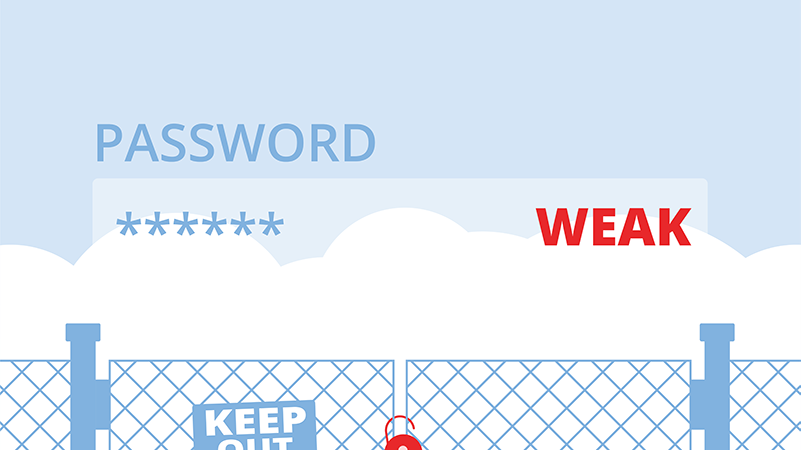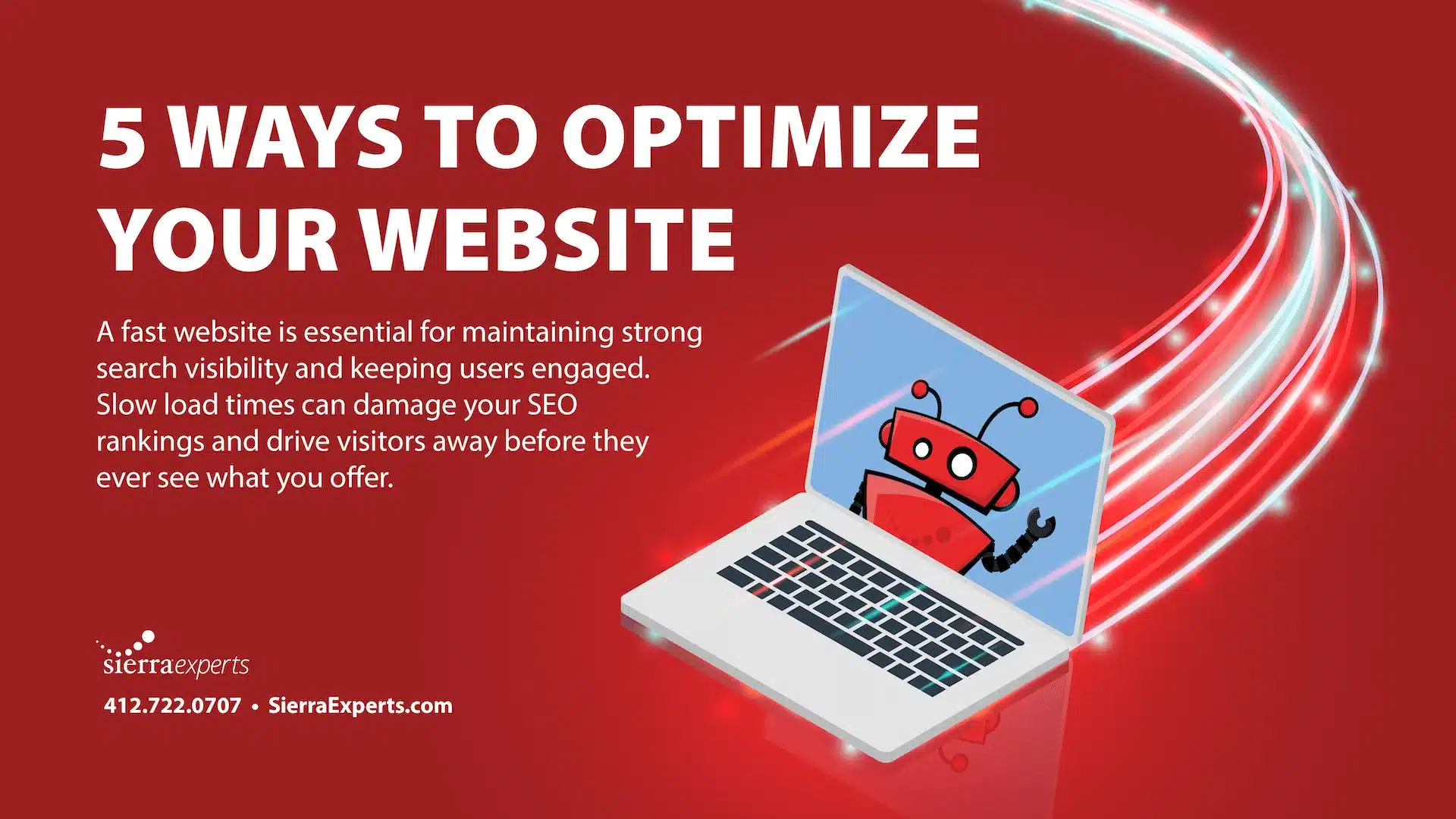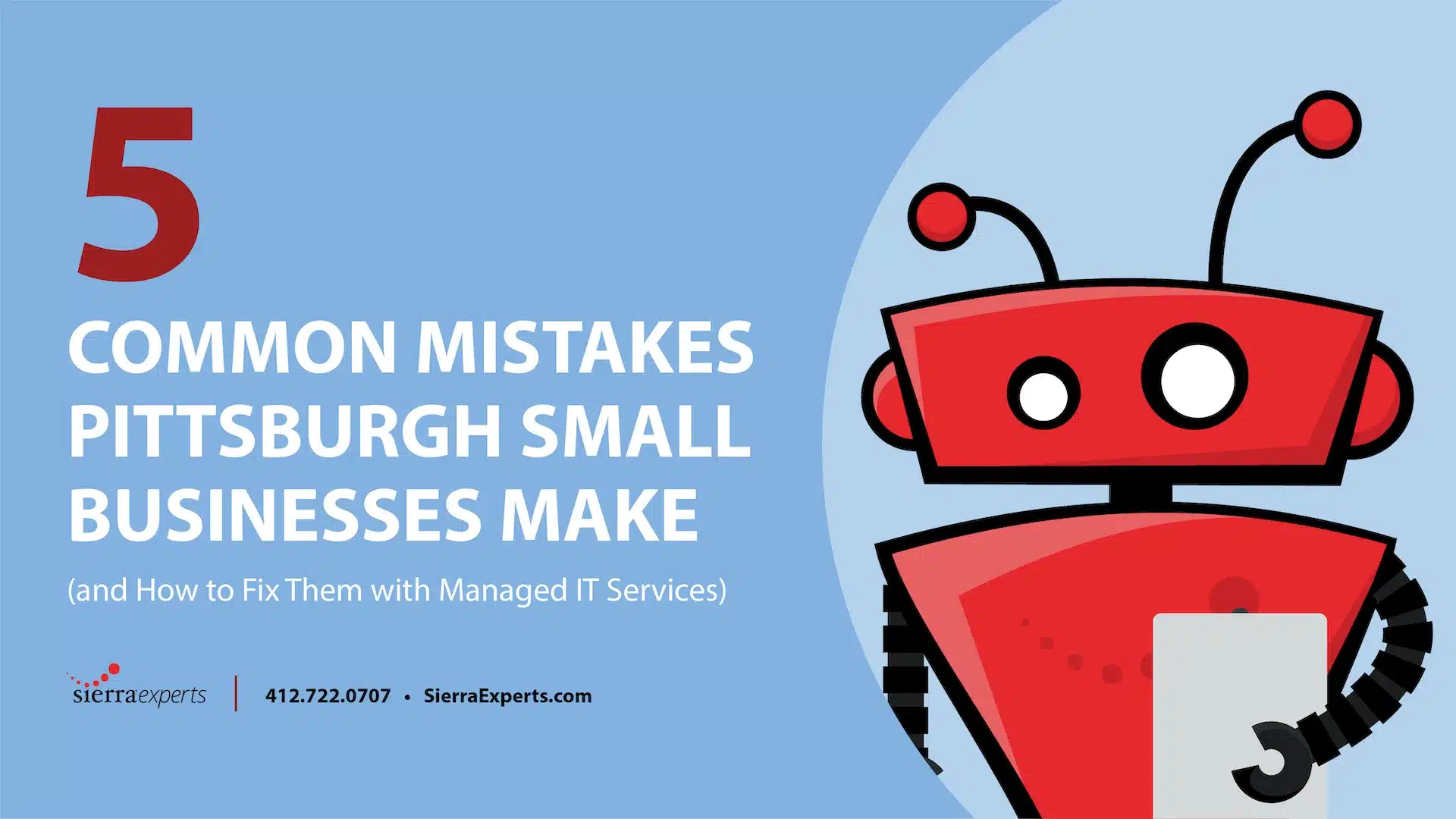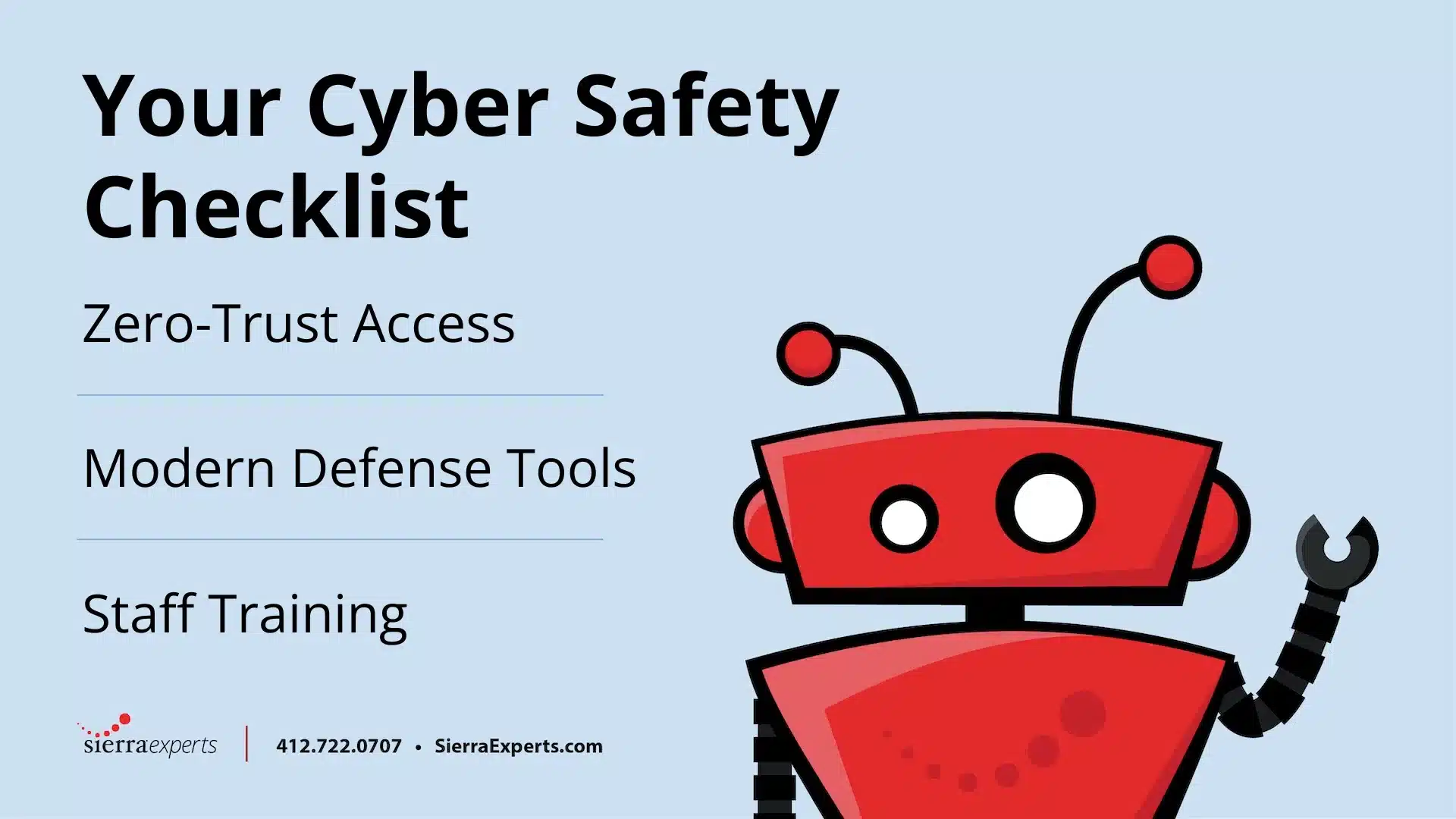It seems like every week we hear of another data breach or leak. Some notable past occurrences have been; Marriot exposed information of 383 million guests. 540 million records were exposed from Facebook and Instagram in the spring. 100 million insurance documents were leaked by real estate giant First American Financial Corp. Capital One exposed 100 million credit card applications, 140,000 social security numbers and 80,000 bank account numbers. An astounding 1.2 billion unique people’s information was exposed from two data enrichment companies on an unsecure Elasticsearch server.
Now you may assume that hackers have been hard at work stealing this personal information, but that’s not really the case. Your information is just sitting there, exposed, ready for someone to search and find it.
What are Cloud Servers?
We are sure that you’ve heard of “the cloud” but for a lot of people it can seem like a mysterious place where internet things live forever. Cloud servers have revolutionized the way every organization stores data. Instead of keeping all of our information on racks of physical servers in a room, people now have the option to buy space on remote ones and store it there. We are moving more information to the cloud every day. Google, Microsoft and Amazon own many of the remote servers. They lower costs and improve the quality of service. This has been crucial as the amount of data we have keeps growing at an incredible rate. However, it is also relatively new and still has a learning curve with how to secure it properly.
What Makes Cloud Databases Unsecured?
In most cases the people who set it up didn’t do it right. Some database manager could have literally pressed the wrong button and left your most intimate information sitting on a cloud server unsecured. A common mistake a database manager might make is leaving the default settings in place after they move the information onto the cloud server. The default settings make the data public. The additional steps that are required to password protect the files are never set up.

How Does It Get Fixed?
If your data has been exposed in an unsecured database, treat it the same as if it was stolen. The first step is to engage proactively and change any passwords that may have been compromised. No one is sure how many exposed databases are currently out there. Which means we could be hearing about a lot more as the year goes on. Security precautions need to be implemented and cloud security needs to be taken more seriously.
What Does Sierra Do?
Sierra has extensive experience helping customers implement their online backup and recovery plan, along with monitoring and management to ensure security and performance. Regardless of how much data you need to backup, our platform can accommodate your needs while working with your budget. To learn more about how we can help, give us a call at 844.750.4170 or send us an email at Sales@sierraexperts.com.





